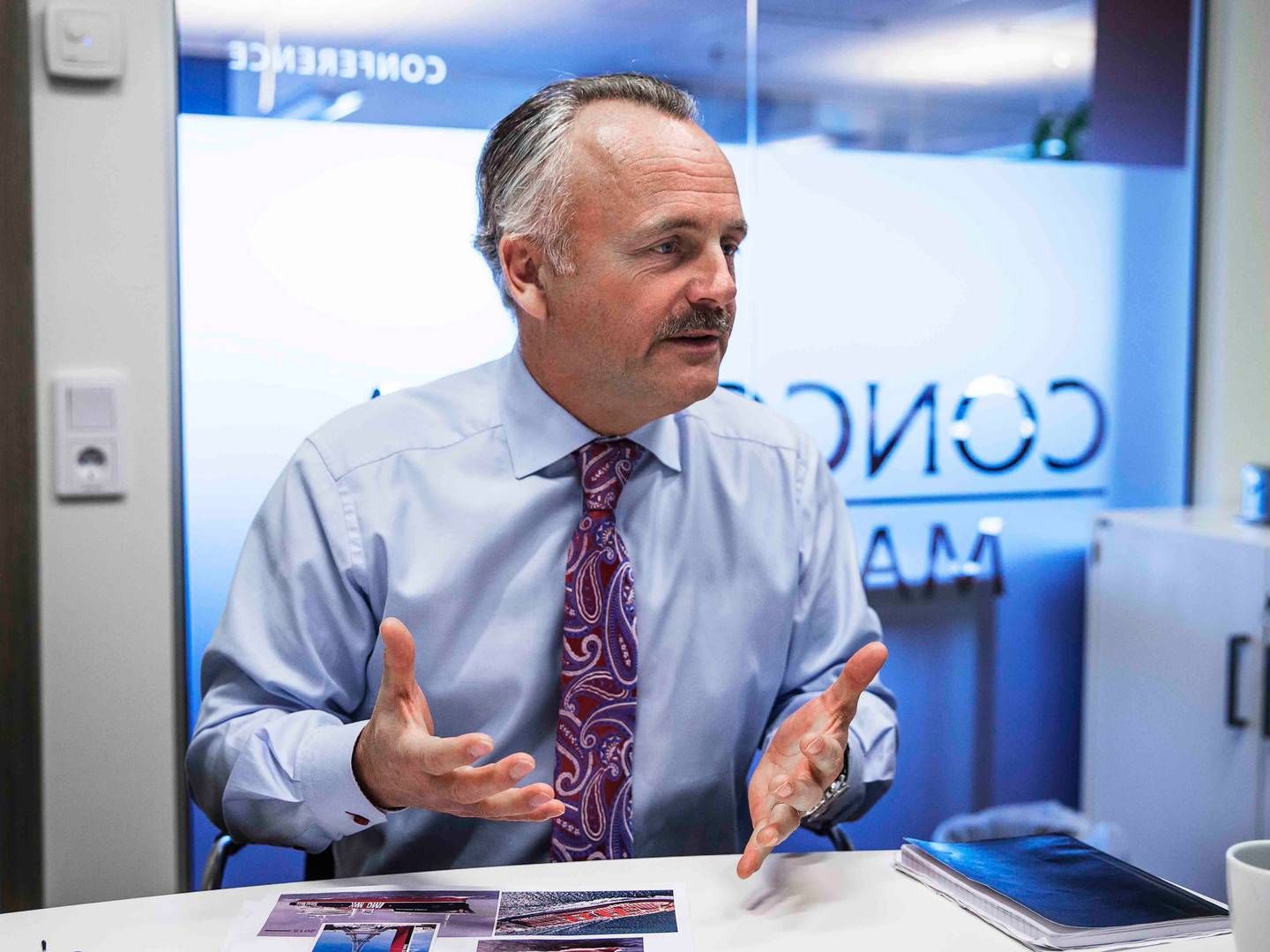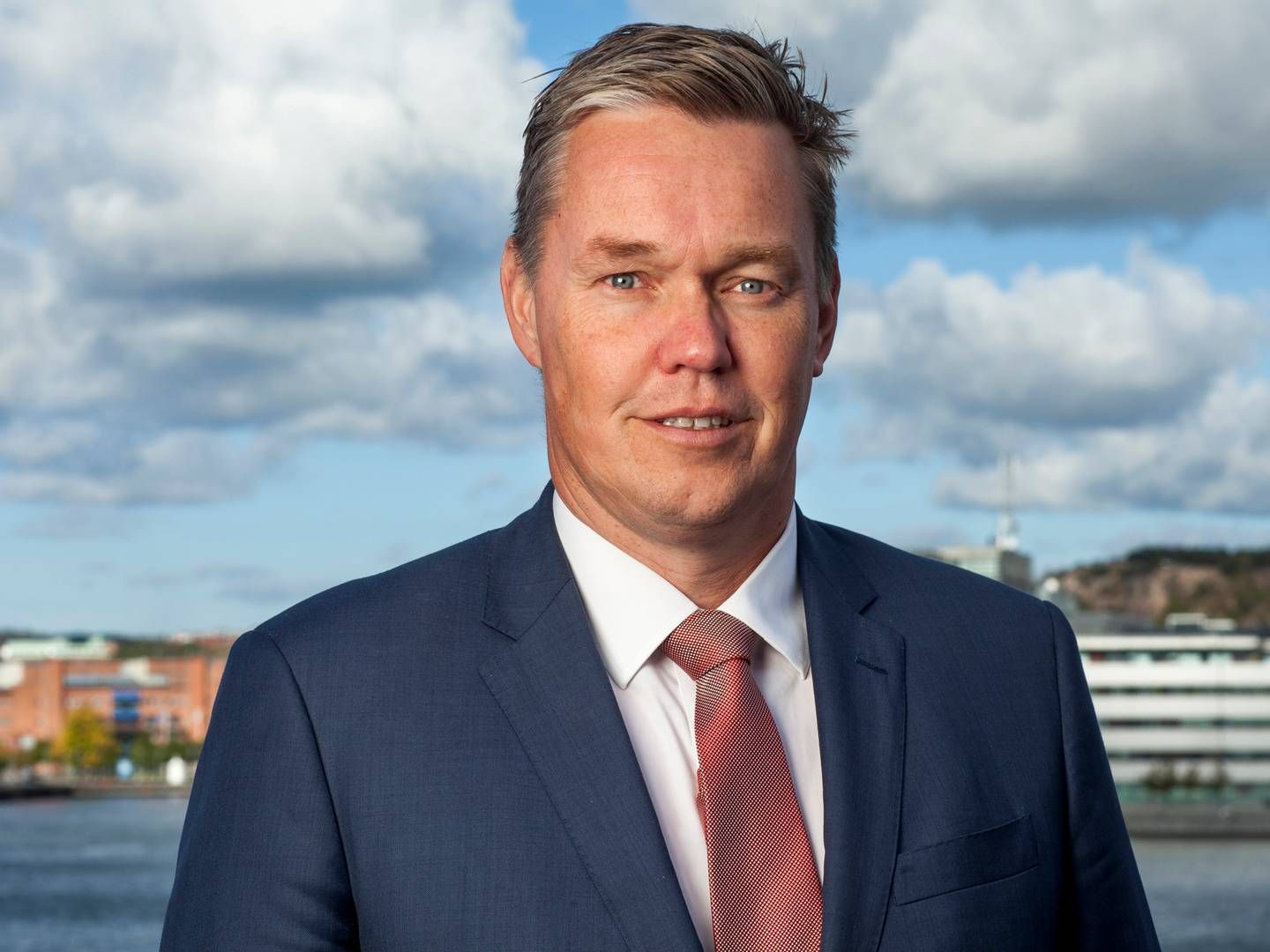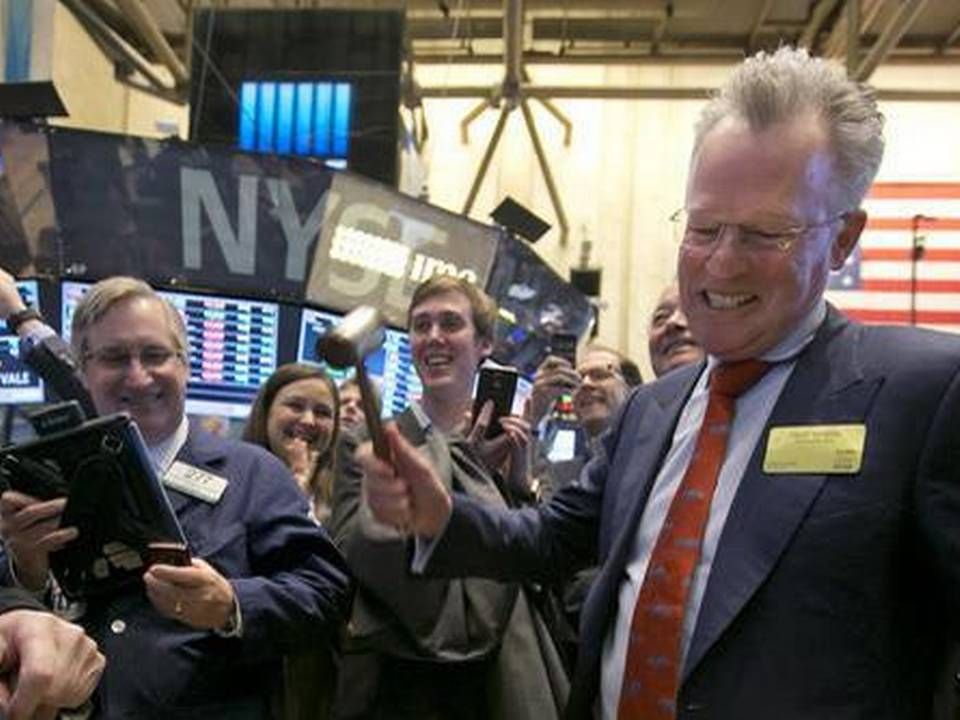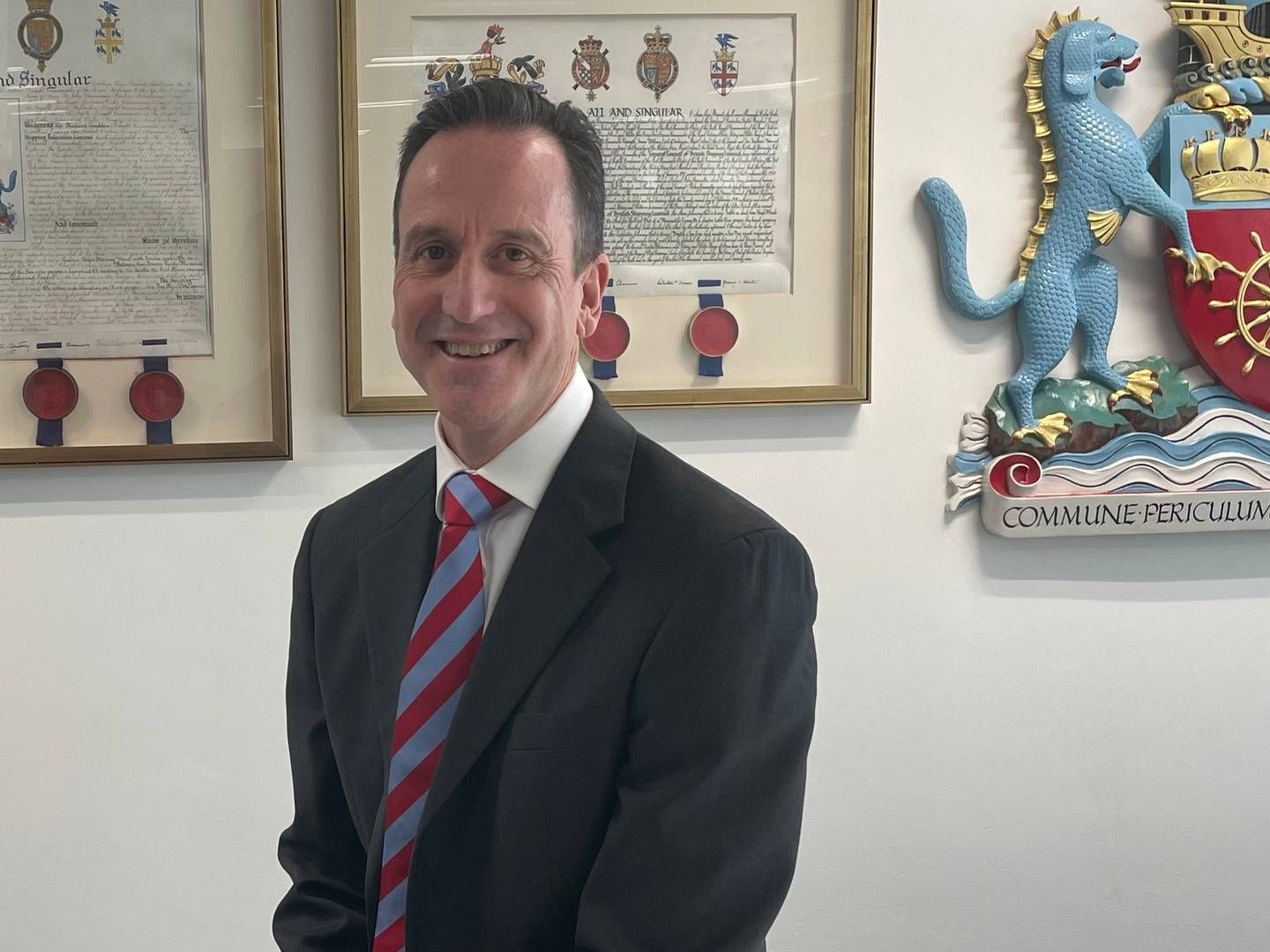Not even 100 new supertankers can shake Frontline
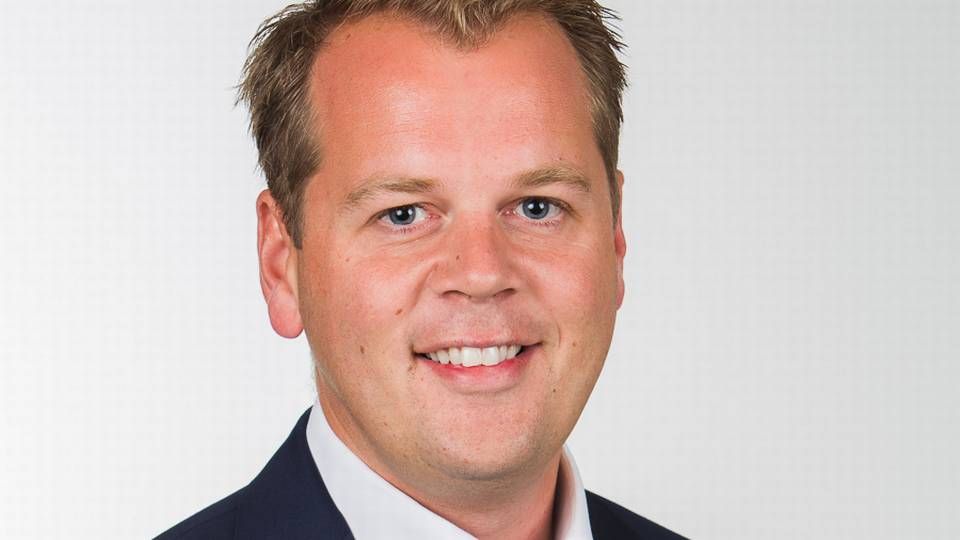
OSLO
The phone seems to be constantly ringing in the chilled meeting room on the fifth floor with a view of the cold Oslo-fjord. And often it is John Fredriksen from Sloane Square in London who is on the other end of the line. The market is heated right now, so the relatively new CEO, 36-year-old Robert Hvide MaCleod, has plenty to keep up with. And one does not put John Fredriksen on hold.
When ShippingWatch went to visit Frontline on the byroad Bryggergate, in front of the iconic Aker Brygge area by the Oslo waterfront, it was yet another day on which oil reached a new record low, and the customers wanted crude oil transported like never before. The downturn of the oil price, which began in the summer of 2014, very simply resulted in a revival of the vessel type which some had considered to be headed towards scrapping in India: Frontline's trademark: The supertankers, VLCCs, which transport the crude oil almost directly from the well.
"The market will seemingly be even better in 2016 compared to last year, which was really good," says Robert Hvide MaCleod in an interview with ShippingWatch.
2015 looks super strong
2015 will, without a doubt, be the best year for the tanker market since the heyday before the recession, and both crude oil transport as well as transport with smaller product tankers - LR and MR - look like the only surefire winners during a year in which the rest of the shipping industry finds itself in a state of crisis. The interest in buying oil means sky-high rates, which on a good day surpass USD 100,000. Currently, buyers pay up to USD 40,000 a day for a VLCC just to have it stay in place and serve as a storage facility for cheap crude oil. And with a break-even price in the low USD 20,000 for Frontline's VLCCs, the conclusion is clear - the profits are big right now.
Concordia Maritime releases historically strong annual report
Robert Hvide MaCleod believes that the appetite for cheap oil will continue at such a pace this year that it will surpass the abundance of new crude oil tankers headed into the market. The first half of 2016 looks all right, but after summer the fleet of more than 100 vessels ordered for delivery this year and in 2017 will really start to hit the water.
"If the market is maintained as we see it now, then it will be able to absorb the new vessels, at least this year. There is so much oil in the market right now that the demand for tonnage is huge. Furthermore, a portion of the older vessels will disappear from the market this year because they will be scrapped," says Robert Hvide MaCleod.
Growth decides the price
Ultimately it must be the global growth that decides the price of oil. It is being downgraded right now...
"In 2015 everyone thought that there wouldn't be a lot of growth in the US and Europe. And which countries turned out to be a positive surprise? Now they are buying big cars again in the US. In China, the demand for gasoline will grow by seven percent in 2016. The people with a car or a motorbike in Asia are filling up their tanks at the low prices, which we are seeing right now," MaCleod explains.
In the cold month of January, he has found assurance that the development continued in the right direction into the new year. In early January 2015, 93.5 million barrels of oil were produced daily, whereas the number in January 2016 came to 97 million barrels.
He took up the reins as CEO in 2014 and last year he headed the merger of the two former tanker carriers, Frontline 2012 and Frontline. The new, combined Frontline has more than 60 tankers on the water and 28 underway. 21 of the current vessels are VLCCs and six on their way.
Background at Maersk
Even though Frontline also has a small fleet of product tankers, crude oil is where the ambition is at and where the effort will continue to go. The explanation is that this is the most simple product where one sails cargo from A to B. Product tanker is often from A to B to C to D, he says.
With a background from companies including Maersk and Glencore, MaCleod has tried out his market capabilities at several of the majors in the maritime world. But he will still admit that the existing market right now has a surprising unpredictability which many have never seen before. This also goes for the shares at Frontline, which experienced a drop of 40 percent on the Oslo Stock Exchange in 2015, while rates increased explosively and the financial results skyrocketed.
"But we are generating cash and that's what matters," MaCleod concludes.
Concordia Maritime CEO: Tanker market fragile as an eggshell
Stena Bulk wants in on Iranian oil adventure
Related articles
Concordia Maritime CEO: Tanker market fragile as an eggshell
For subscribers
Tanker CEOs: Investors not rewarding us deservedly
For subscribers

